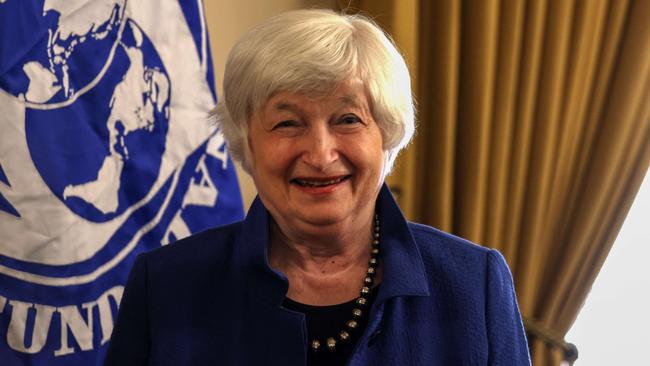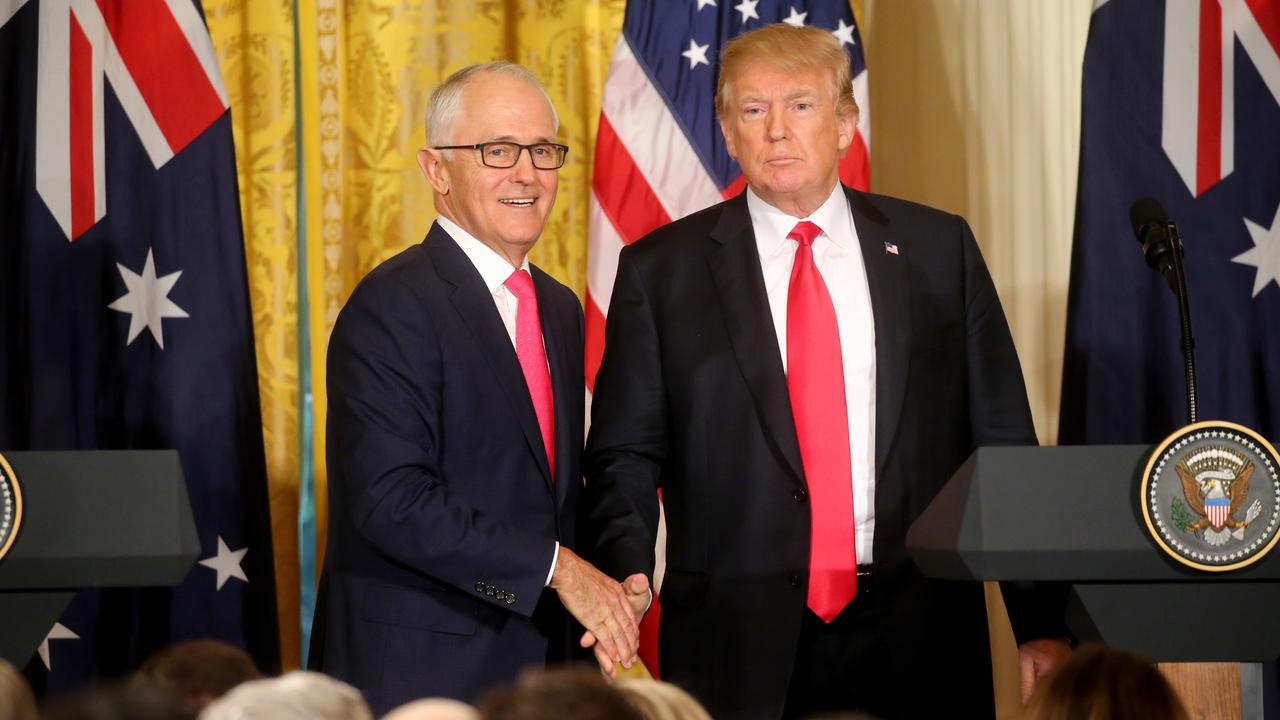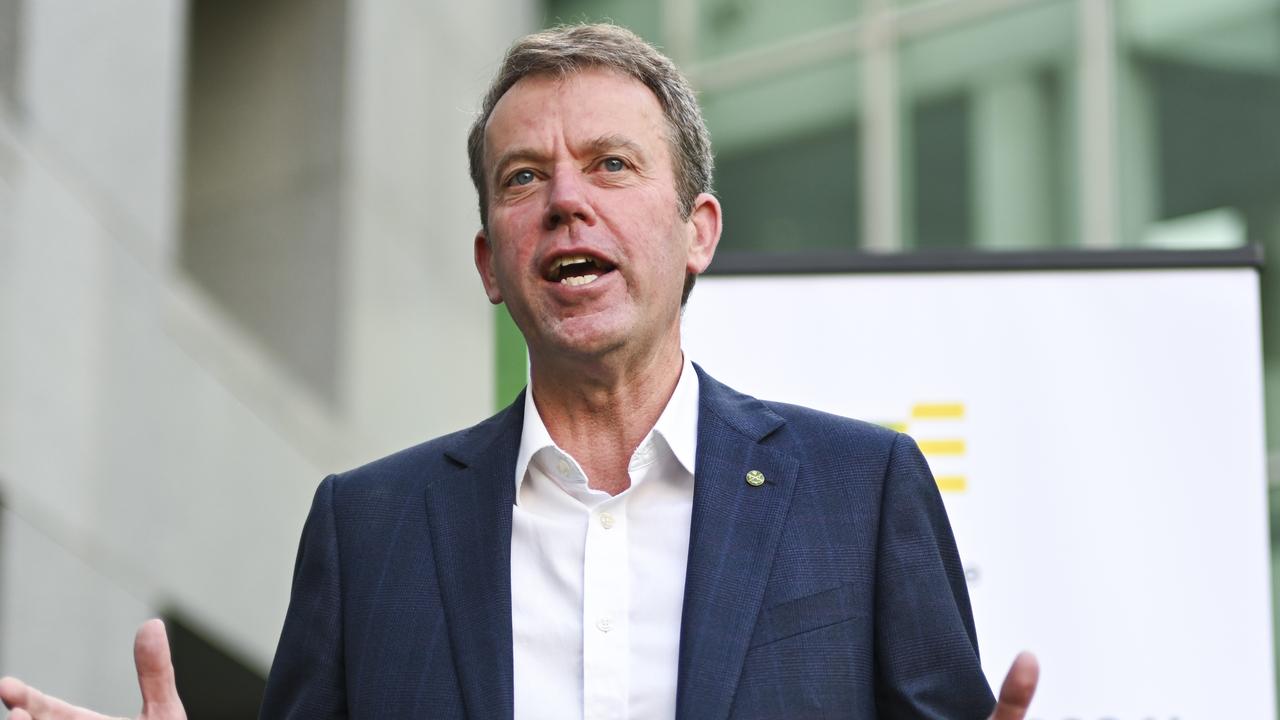Global tax rate agreement hits tech giants
Countries comprising 90 per cent of global GDP have backed a US push to impose a global minimum tax on large companies.

The Biden administration, with the help of the new OECD secretary-general Mathias Cormann, has pulled off a once in a century global tax deal that will boost Australian tax coffers, punish tax havens, and force US digital tech giants to pay “at least” 15 per cent tax.
In a surprise agreement that poses a threat to tax havens in the Caribbean, Ireland, Netherlands and Singapore, 130 countries, comprising 90 per cent of global GDP, including China and India, have backed a US government push to impose a global minimum tax on large companies.
David Bradbury, head of tax policy at the OECD, and former assistant treasurer in the previous Labor government, said Australia was “definitely a winner” from the “two pillar” deal that aimed to put an end to “global tax competition”.
The deal comes after years of failed attempts to recast decades-old international tax treaties, going back to the 1920s, that have bestowed taxation rates on the jurisdiction that hosted the headquarters of international businesses, even if that didn’t reflect where profits were generated.
This meant digital giants such as Facebook and Google and others, headquartered in California, often paid little tax in Australia and Europe where they earned significant revenue.
“One of the great things about this agreement is that it will provide new taxing rights over digital firms through a multilateral consensus-based solution, avoiding the trade retaliation associated with the alternative of introducing digital services taxes,” Mr Bradbury told The Australian.
The Biden administration plans to at least partly reverse a significant cut to the US corporate tax rate from 35 per cent under president Barack Obama to 21 per cent under Donald Trump.
“Lower tax rates have not only failed to attract new businesses, they have also deprived countries of funding for important investments like infrastructure, education, and efforts to combat the pandemic,” said US Treasury secretary Janet Yellen, who proposed the idea of a minimum global tax in April.
The OECD, which helped the US negotiate the agreement, said around $US100bn ($134bn) of the profits of multinationals, in bulk US digital tech giants including Facebook and Google, would be reallocated away from tax havens to the jurisdictions where their customers resided.
“This historic package will ensure that large multinational companies pay their fair share of tax everywhere,” Mr Cormann said.
In addition, an extra US$150bn a year in tax revenue would accrue to governments from the imposition of a 15 per cent global minimum tax, the OECD said.
“With a minimum tax, it won’t make any sense for developing countries to give in to the demands of multinationals for tax holidays, because the minimum rate – of at least 15 per cent – will be collected by some other jurisdiction anyway,” Mr Bradbury explained. “If an Australian head quartered firm is generating income in a zero tax jurisdiction then Australia would have the right to tax that income up to the minimum rate.”
Australia’s 30 per cent corporate tax rate won’t be affected by the agreement and the deal excludes “extractive” industries and regulated financial institutions, which means the profits of Australia’s profitable mineral exports and banks wouldn’t be reallocated to other nations.
“We’ll see countries left to compete more on non-tax factors, such as the skills of their workforce, their regulatory framework, and the quality of their infrastructure,” Mr Bradbury said.
Matthew Goodman, a director for international economic policy under George W. Bush and Mr Obama, said the “devil was in the detail, including persuading a sceptical US congress”.




To join the conversation, please log in. Don't have an account? Register
Join the conversation, you are commenting as Logout